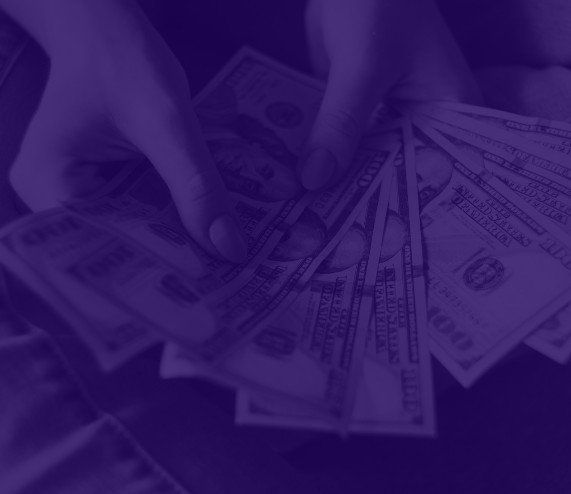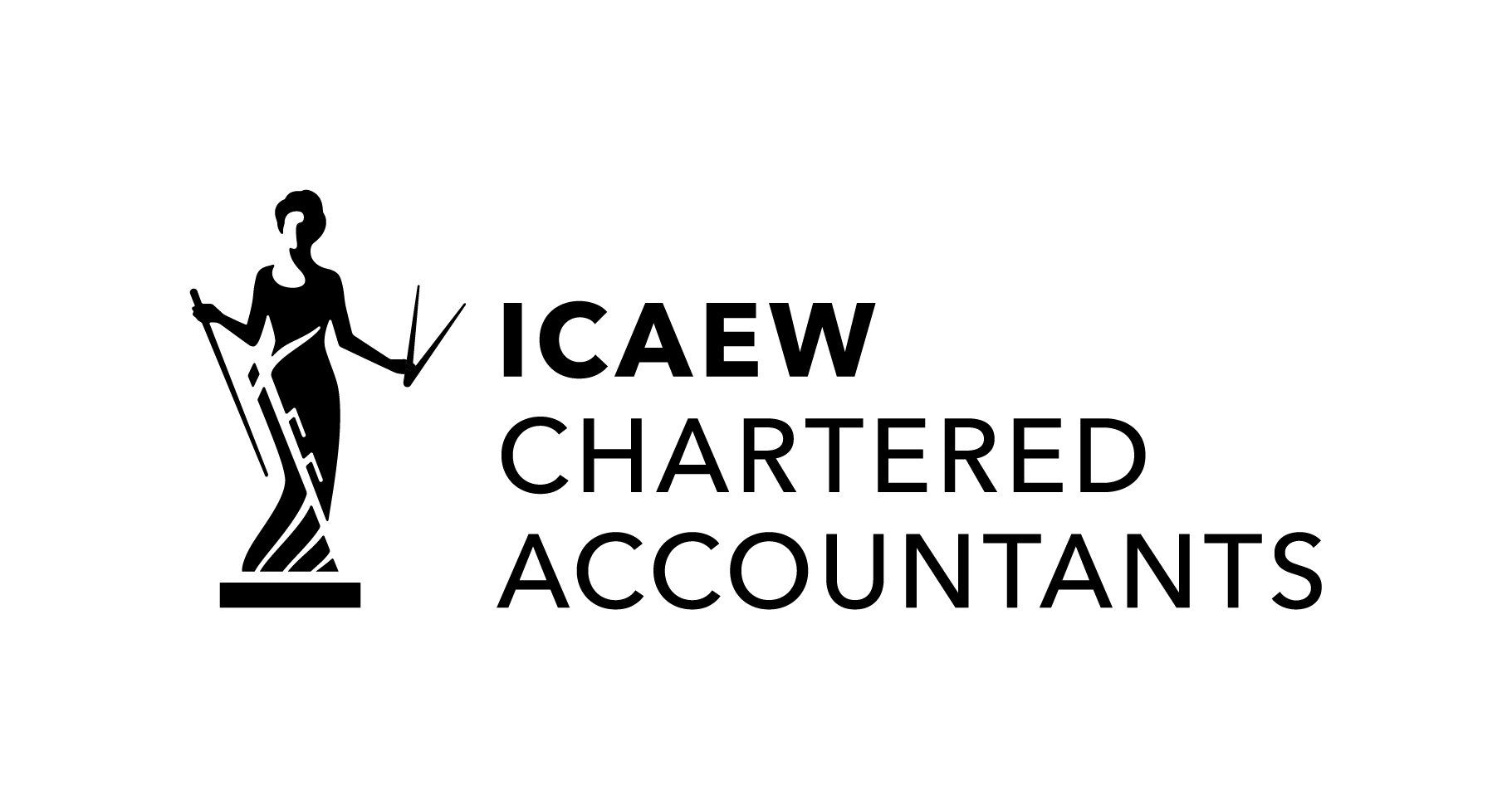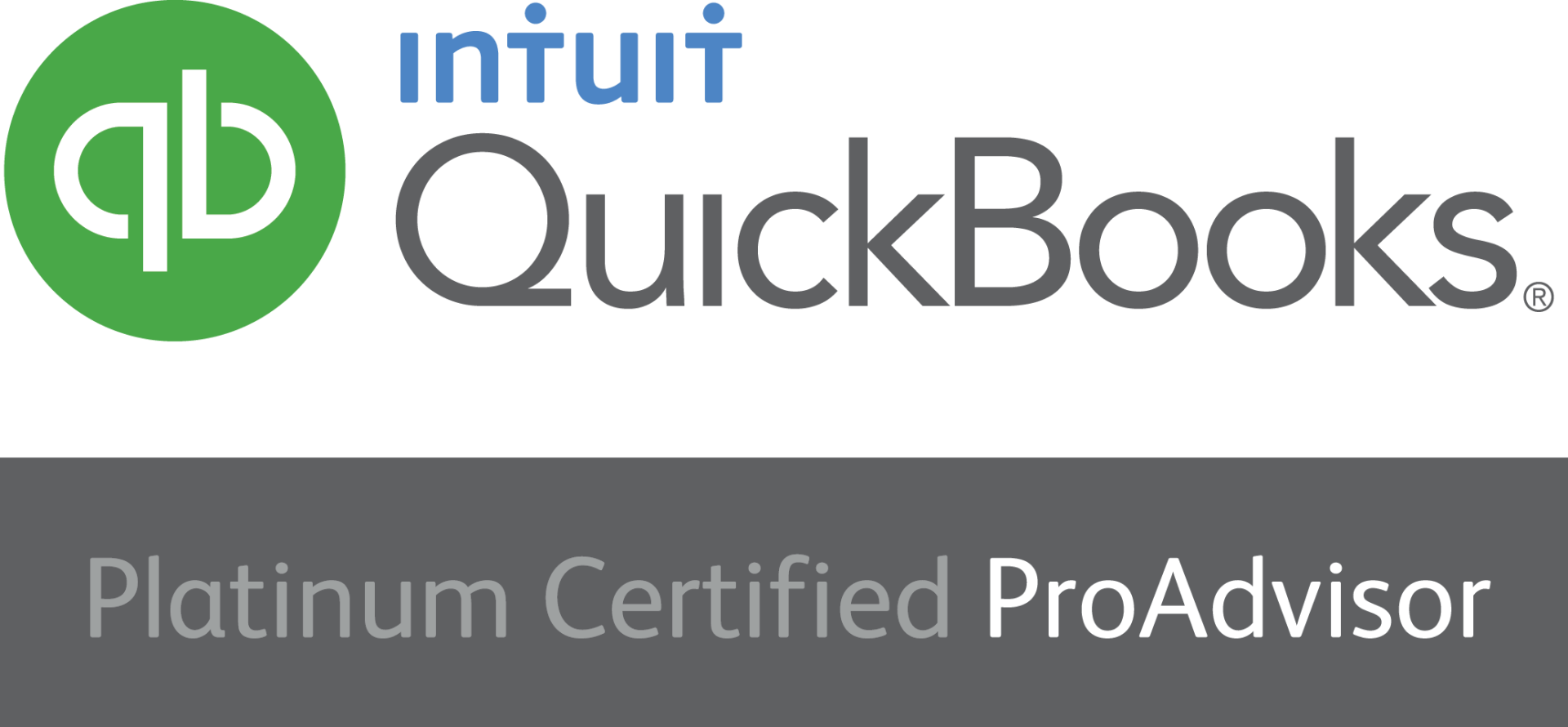Blog
Why is it no longer bad practice for a business to hold cash in reserve?
Peter Disney
Historical views on cash retention need to be revised
Historically investors, financiers and of course accountants have viewed the holding of too much cash as inefficient, lowering the returns on assets (ROA) and increasing the cost of capital. Their attitude is that cash is just another asset which needs to be managed for maximum profitability, so cash represents money not being put to work. It has also been encouraged that when there is a booming economy borrowing helps a business to grow faster at the same time as interest rates are likely to be lower. However, when boom turns to recession this increased debt can spell big trouble.
To understand efficient use of cash let us consider this idea that it can lower the return on assets by looking at a simple example.
- A business has £1m of net assets on its balance sheet of which £200,000 is in the bank. It makes a net profit after tax of £100,00 which includes £2,000 of interest.
- Overall, it is making a 10% return on its assets of which the interest received represents just 1% return on the cash. In theory by eliminating the cash the Return on Assets would be greater so let’s try it.
- The company distributes all the cash as a dividend to its shareholders reducing the net assets from £1m to £800,000. Its interest income would disappear leaving £98,000 of net profit after tax. £98,000 as a percentage of £800,000 is 12.25% so an improvement on its previous return of 22.5%.
How does this fit in with the idea that it is increasing the cost of capital?
Well taking the same numbers as our ROA example we know that the business can generate 12.25% return on its net assets but its return on cash is only 1% so in effect the company is losing 11.25% on any cash it holds.
This is known as the opportunity cost of cash.
Obviously, no company wants zero cash because it needs money to pay its debts and trade successfully so what is the optimum amount of cash to hold?
Again, finance people look to other ratios the most common being the liquidity and solvency ratios.
- Liquidity ratios monitor a company’s ability to pay its short-term liabilities whereas
- Solvency ratios look at a company’s ability to manage all of its debts including long term finance.
- The current ratio is calculated from the following: Current ratio = current assets / current liabilities
It is used to evaluate a company’s ability to pay its short term (current) debts from its short-term assets. Ideally it needs to be at least 1.0 but lenders often prefer to see 2.0 which means that the business could pay its creditors from realising only 50% of its current assets. Obviously, a score of less than 1.0 indicates that the business doesn’t have enough liquid assets to settle its liabilities.
- The quick ratio is calculated from the following: Quick ratio = current assets minus stock / current liabilities
The quick ratio is similar to the current ratio, but excludes needing to sell its stock to pay its liabilities. So again, a ratio of at least 1.0 is important.
Two of the most popular solvency ratios
include: debt to equity and debt to assets ratios.
- Debt to equity compares total liabilities to its total share capital and reserves. If the total liabilities are significantly higher than the equity (more than 2.0) it means the company is “highly leveraged” and therefore is at greater risk.
- Debt to assets compares total liabilities to its total assets. It shows the percentage of total assets being financed by creditors as opposed to being financed by its own equity.
None of these in isolation conforms whether a company is holding enough cash, but it generates a conversation amongst the directors and its advisers and that is the important factor.
So what are the benefits of retaining cash in your business?
Let us assume the directors have agreed to increase their reserves and retain more cash to protect the future of their business (and their employees) despite doing so may make it look less efficient in the eyes of external financiers or investors, however there is still another potential problem.
The impact of tax on retaining cash.
I am not talking about a simple increase in tax because the money is not being spent because to be honest if you look at it logically it is like holding a 20 pence piece in one hand and a pound coin in the other. You need to spend the pound to save the 20 pence so unless spending that pound seriously benefits the business it is cheaper to pay the tax. No, it’s more serious than that. It is possible that holding too much cash can redefine a trading company into an investment company with the potential tax consequences for Capital Gains Tax and Inheritance Tax. There are even rumours that our Chancellor is considering taxing the shareholders of close companies (those with five or fewer shareholders) on their undistributed reserves (i.e., your cash) as if they had been voted out as dividends. This will not encourage businesses to be careful with their cash and save for the next rainy day. Please take note Mr Chancellor.
Retaining cash to build financial resilience and stability.
Despite all of society’s pressure to spend rather than save, to avoid taxes and borrow rather than use our own money I think businesses will be looking to build their resilience and think more about safeguarding their futures. I foresee that in the future employees will be checking to see how financially stable their potential employer is, and customers will be looking at their suppliers' balance sheets more closely too especially when they may have been let down or lost money in the past by going for the cheapest option. Foregoing the greatest return on assets by deliberately holding multiple months of wages and directly strengthening reserves will actually be better for the long-term future of a business.
Growth without considering Strategic Cash Retention will become foolhardy.



















